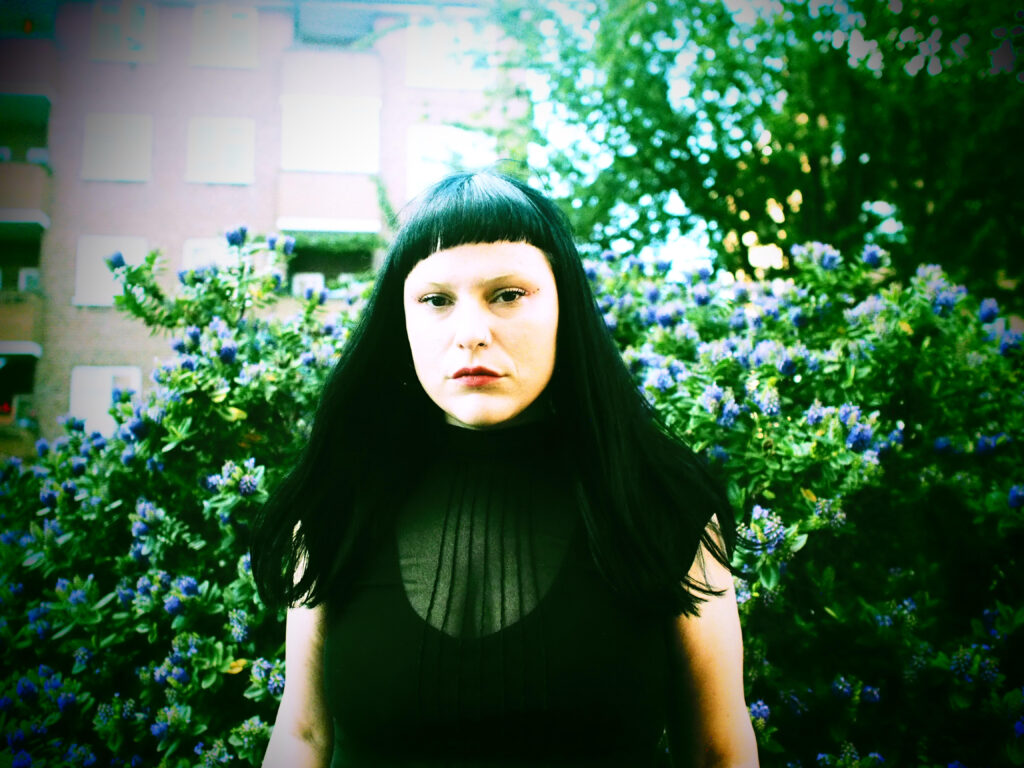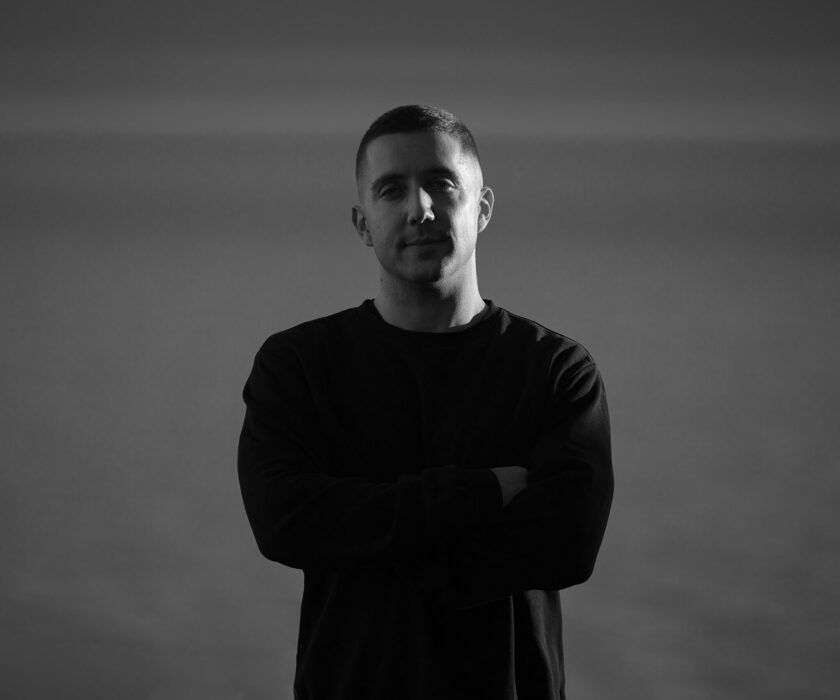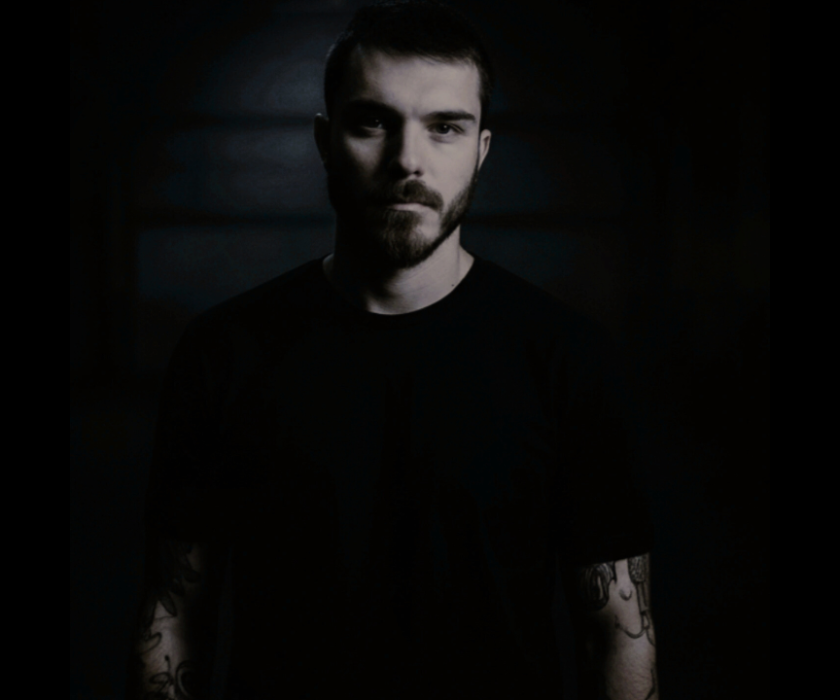Doxia is a Croatian DJ who has been on the scene for a decade, but rarely as a headliner of clubbing events. She has become an advocate for raising awareness about inclusivity at parties and promoting female artists on DJ scene. Her DJ workshops for women and LGBTIQ community became an essential part of Zbeletron, an organisation supporting women, lesbians, bisexual and transgender females in Croatia.

You have been on the scene for ten years, but not always in the foreground. Is it difficult for the new generation of DJs in Croatia to break through?
I think that my ten-year presence on the scene, even though I am not always in the foreground, shows my burning love, passion and dedication to music. My goal is not to be in the mainstream, but to keep a bit of secrecy and authenticity in my work. I believe that it is more difficult for the new generation of DJs in Croatia to break through, especially on the foreign market, due to the lack of clubs and opportunities for performances, and also without enough local platforms for expression and networking.
Zbeletron celebrated its 15th birthday this year. How does that specific collective work?
I am not a permanent member of Zbeletron, but occasionally collaborate with the collective. As part of these collaborations, I held DJ workshops for women and the LGBTIQ community, and at the recent celebration of Zbeletron’s 15th birthday, I was involved in the selection of DJs Niks and Ferrari Rot. Since 2009, Zbeletron has been organizing parties, workshops, forums and other events with the main goal of promoting the musical and stage work of girls and women as raising the visibility of lesbian, bisexual and trans women in Croatia.
There are not many female DJs on the Croatian scene. How do you explain that?
Well, maybe this information shows the problem where women do not even decide to do DJing or do it for a short time because of social stereotypes, and also because of the relatively small scene where it is much more difficult to rise to visibility. I think there are female DJs on the scene, but it would definitely be better to see more of them.
You are engaged on exactly that issue. For several years, you organized DJ workshops for women as part of Zbeletron’s program. What were the response and results?
The response was very positive and inspiring every time! In one group I remember, when the workshops were over, the girls formed their own group and made house parties to continue mixing and hanging out. It was great to see that they connected through music and strengthened each other.

You also advocate for parties to be a safe and inclusive place for every dancer. How far are we from such a state?
Although we have made progress, I think we are still far from the ideal state. I am glad to see that there are also new initiatives that create spaces where everyone feels accepted and safe, but entrenched stereotypes and prejudices remain a challenge. I believe that educating and promoting diversity is necessary in order to create a party scene that accepts all dancers, regardless of their identity or background, as well as making them feel safe going out.
You have an interesting experience of rave culture as a ritual and spiritual experience. How do you see this possibility of connecting with the audience and yourself?
Connecting with the audience is very important to me because it allows me to feel their energy and adjust my sets to create a good vibe in the club together. At the same time, I feel more deeply connected to myself, because through music I express my deepest emotions, thoughts, and sometimes I want to get rid of what is currently bothering me. I believe that dance is a tribal and above all therapeutic way of expressing freedom that brings people together and can encourage introspection and self-knowledge. 🙂 When the atmosphere matches perfectly, I can tell my story through music and create really great communication and connection with the audience.
You lean towards a harder rhythm, especially techno, jungle and electro. What inspires you to such a sound?
Techno is a very broad term, but for me it is inspiring to find my own specific angle that combines the classic techno sound with natural sounds and ethnic elements, and since the beat is repetitive, I like to change genres towards a more scattered rhythm that enriches the musical dynamics and creates a surprise effect in the set. It inspires me that I experienced the atmosphere of community and dedication, and also heard good bands at parties like Cocktail d’Amore, Buttons or Hypersoft in Berlin, where the audience really gives their all for that podium. I definitely think that my ear is constantly changing and upgrading when I meet or discover new producers and DJs because every new encounter with their work inspires me to explore other genres of technique and sounds. I love and admit that I’m always happy to play some cheesy or forgotten hit! 🙂
Finally, Doxia pointed out that you can catch her this Friday at Planet Srijeda event at Villa Werner, Zagreb. She said that she expects a new musical adventure and looks forward to fresh and intriguing new sounds.


